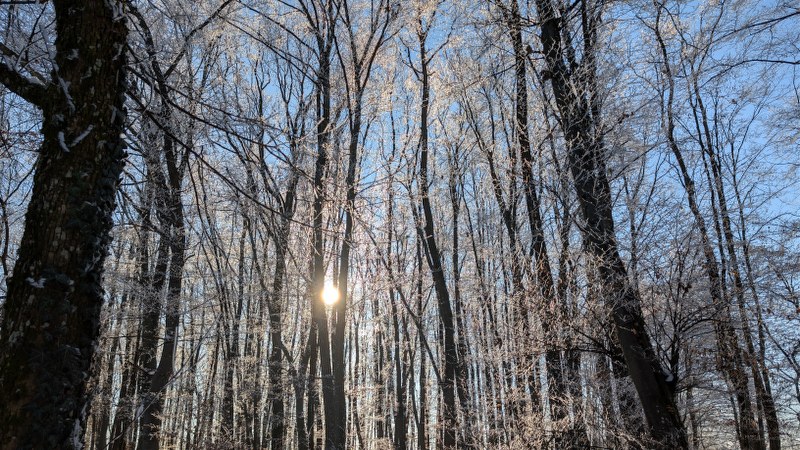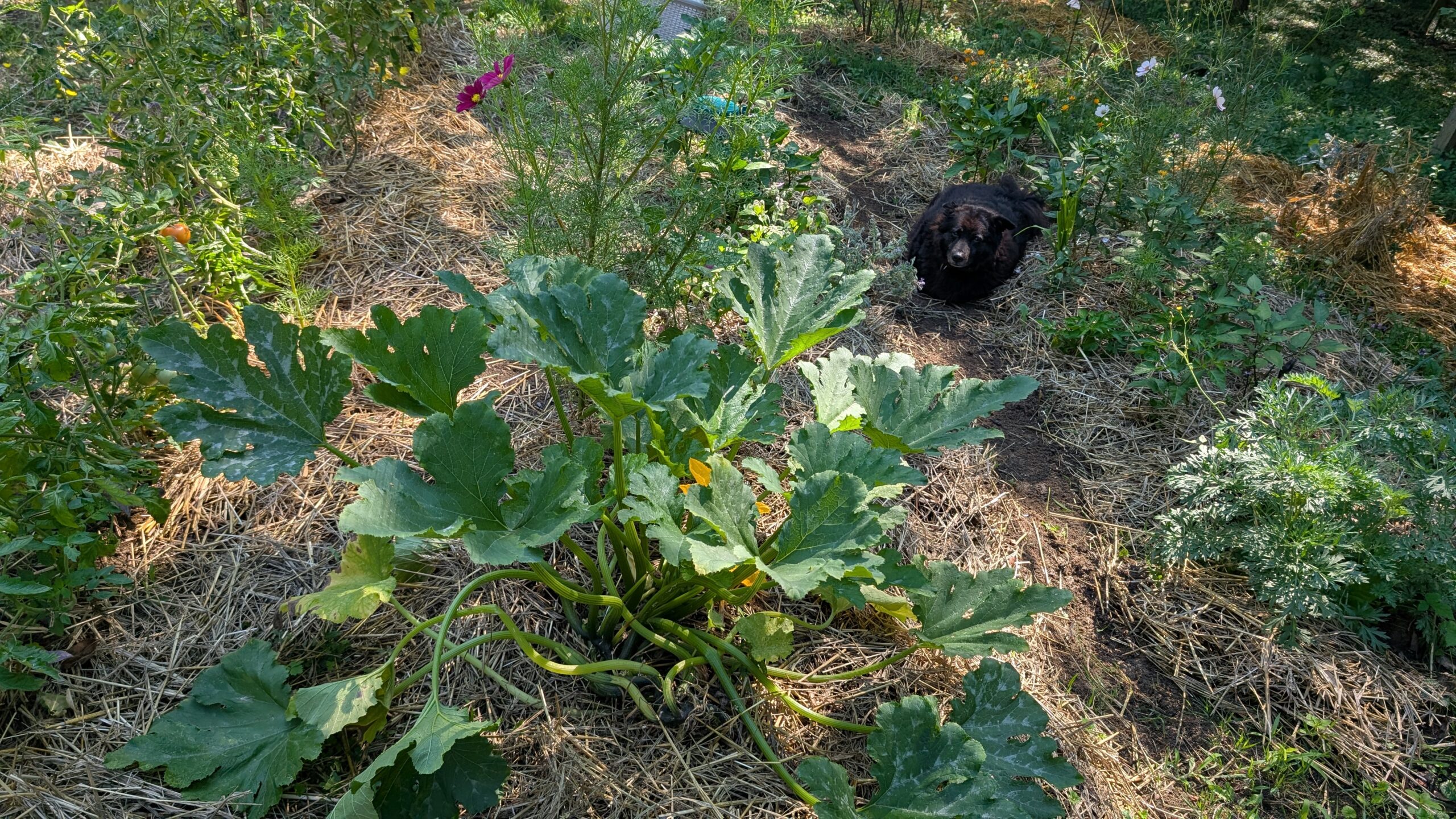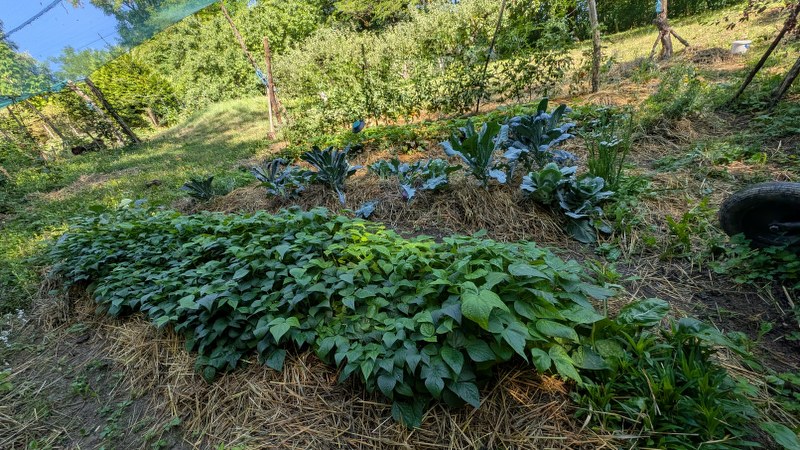July is the month in which we get our first harvests. Usually one of the first vegetables that give us significant harvests are peas. By the middle of June, pods start forming and the first harvests begin in the last month of June. The length of the harvest season depends on the weather, variety, and amount of peas.
Poor pea season is over
Share with
-
Determinate and indeterminate peas is a new one on me, but I see other countries use this distinction. Here in the UK we call them tall or short (although we do have wrinkly vs smooth and normal vs mangetout distinctions too) Your 'what to grow' dilemma is a common one for all us gardeners. It is hard enough without climate change upsetting the whole calculation! That's my justification for growing a wide range of vegetables: the conditions are going to suit some crops if not all – and it might not be the same crops as last year. p.s. If a pea fails the taste test then it is off the list for me even if it is easier to grow than others. I am trying a wider range of pea varieties this year but have only one harvested so far this year. I might post about if I can find the time.
-
Honestly the right classification has been a real problem for me. In my language(Croatian) we have completely different names for types and varieties so I'm trying to find a proper names in english to explain what I sow. We have only 3 types of peas here "niski", "visoki" and "poluvisoki" which would translate as short, tall and semi-tall ones, but the semi-tall ones are then divided by their specific height and they will not grow taller so I thought determinate and indeterminate would be a good way to describe them. Peas are not as popular vegetable here so we don't have "wrinkly/smooth/normal/mangetout they are all "grašak" (peas) to us. The only difference is sugar pea which can be grown only in specific parts of the country.
I'm having the same problem with beans. We have "mahune"- every bean variety that is eaten with the pod and "grah" – beans that can't be eaten with the pod. Yes, we have tall ones and bush ones, but if they have a pod they are "mahune" no matter if they are green, snap, winged or whatever their name is, so it takes me ages to find the right name for a specific bean variety.








Leave a Reply